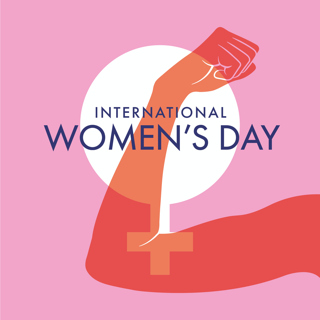Supporting Women's Health in Incarceration
The conversation that surrounds women’s health often overlooks an important and vulnerable group: incarcerated women. As the female prison population grows, so does the need to address their unique health challenges. Supporting women’s health in incarceration isn’t just a matter of justice; it’s a step towards effective and humane correctional systems.

Women in prison face numerous health issues that can be worsened by their confinement. They experience higher rates of chronic conditions, mental health disorders, and reproductive health complications. The lack of adequate medical care and the challenges of getting necessary services add to these issues, leading to poor health outcomes. Reproductive health is another pressing concern. Women in prison require access to gynecological care, prenatal care, and support for postpartum recovery. Failure to address these needs can lead to severe health complications for both mothers and babies. Ensuring access to quality reproductive health services is vital for the health and dignity of incarcerated women.
In additional to physical health, the mental health of women in incarceration is also a concern. Women in prison often suffer from trauma and mental health disorders; these difficulties can come from events that happened prior to being incarcerated or during. Unfortunately, mental health services are frequently insufficient in correctional facilities, as there isn't enough funding to support therapy and counseling programs. Similarly, addressing substance abuse and providing addiction treatment are essential components in supporting women’s health. Many incarcerated women struggle with substance use disorders, and effective treatment can significantly impact their chances of rehabilitation.

Supporting women's health in incarceration is not just a matter of ethical concern, but also a step towards creating a fair and just society. It requires advocacy, policy reform, and a commitment to upholding the rights and dignity of all individuals, regardless of their circumstances. Advancing health care for incarcerated women calls for systemic change, better training for correctional staff, and improved healthcare facilities. Addressing the health needs of incarcerated women is a complex challenge that demands our attention and action. At Bob Barker Company, we strive towards a future where all individuals, even those in jails and prisons, receive the care and support they deserve. As we continue to navigate conversations around criminal justice reform, let's not forget the importance of supporting women's health in incarceration, as it is a crucial step to creating a system that supports justice and equality.



